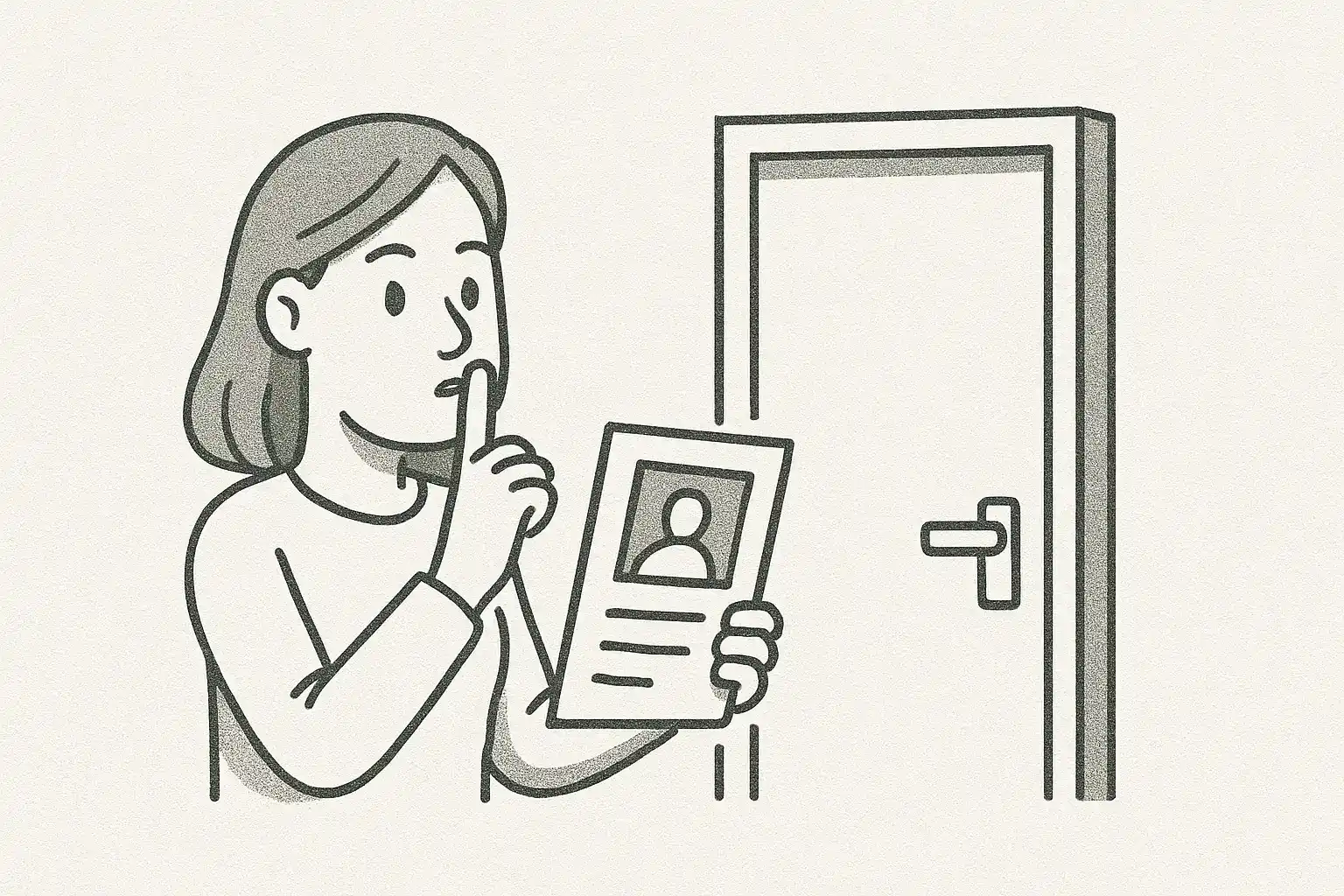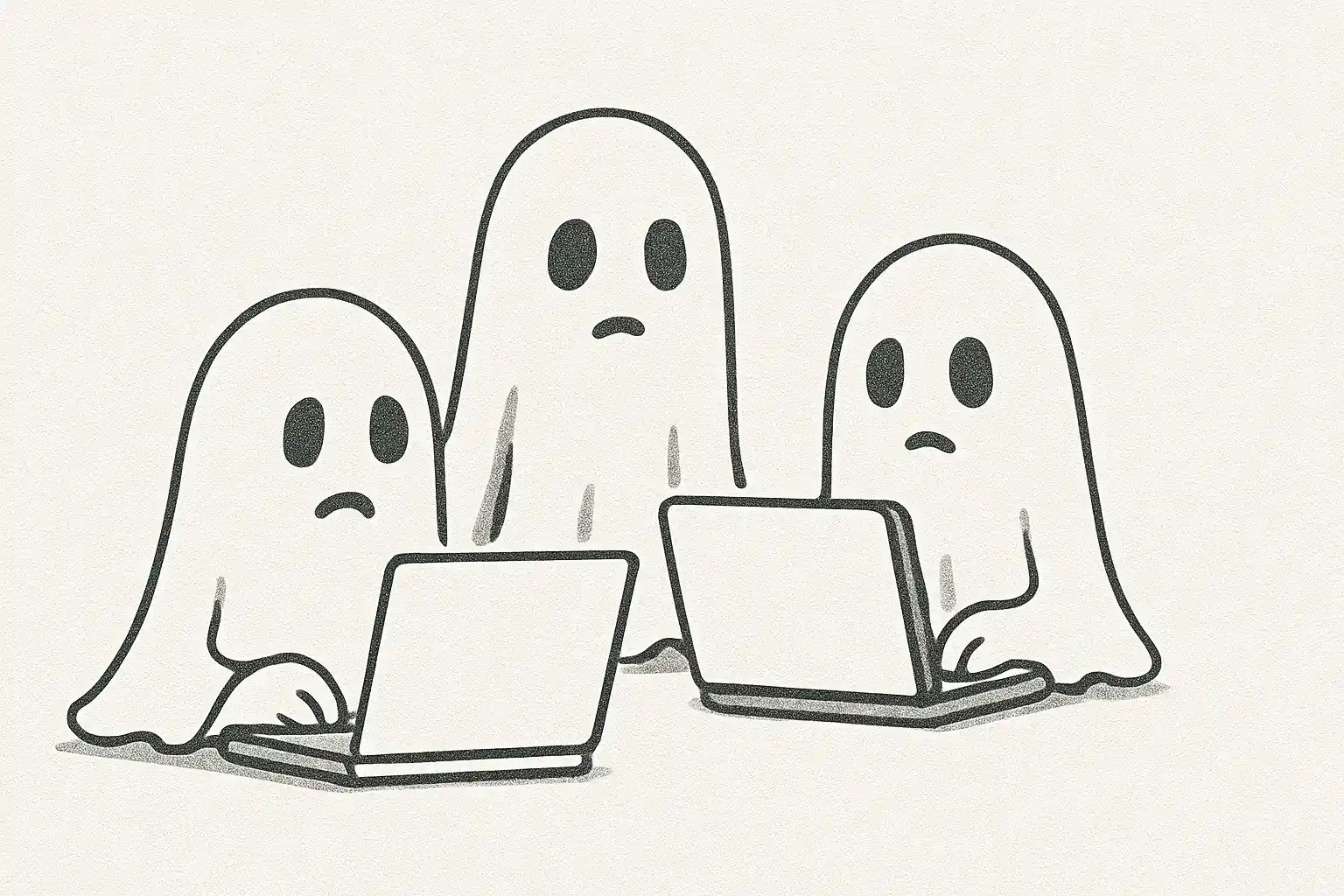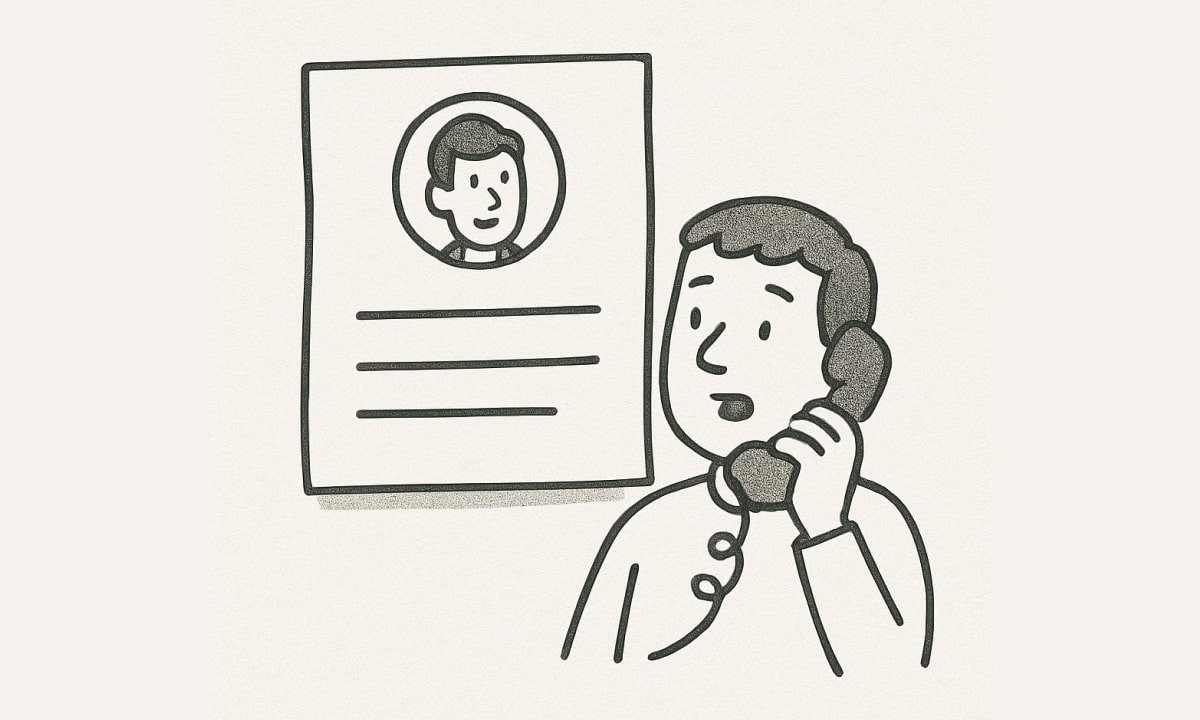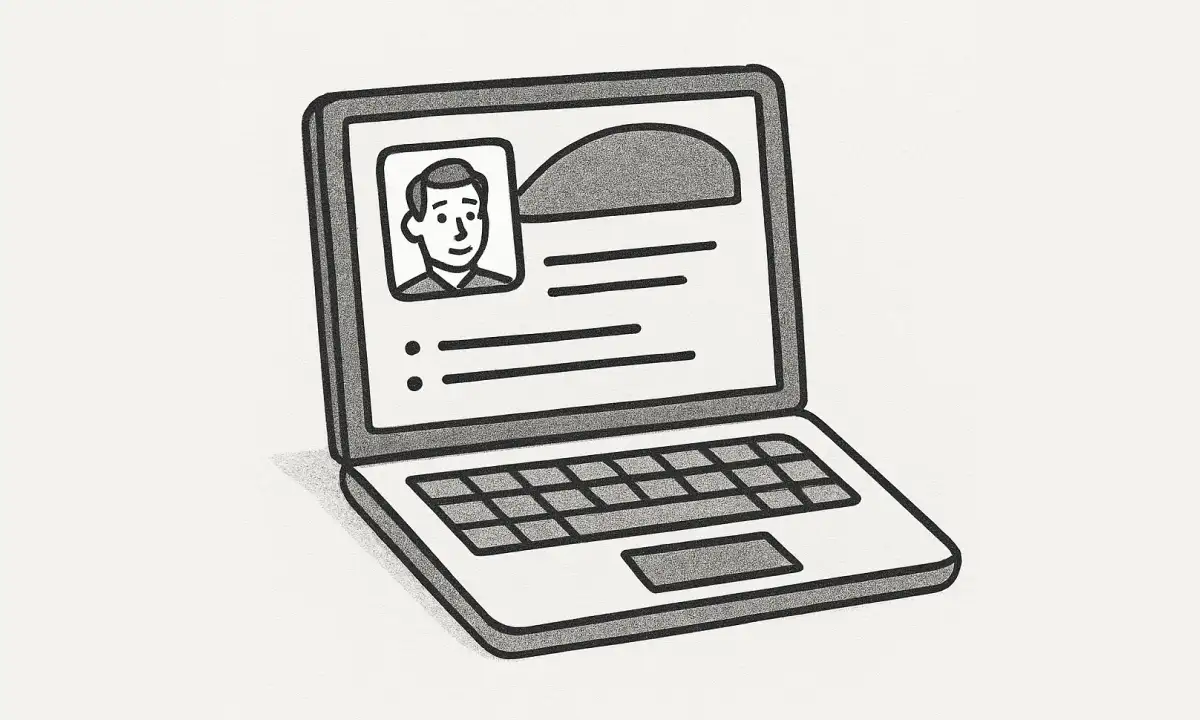Healthcare systems are fast evolving. From diagnosis to leadership, every avenue is witnessing big changes in demographics, technological advancements, and evolving patient expectations.
As care delivery models evolve, nursing professionals must actively enhance their skills to stay relevant and secure their careers for the future. Adopting a mindset of constant learning is now more important than ever. This comprehensive guide explores strategies for you, the nurses, to cultivate future-ready competencies.
Analyze Healthcare’s Digital Transformation
The projected growth of the US’s digital health market is quite significant. Estimates indicate a rise from $88.6 Bn in 2022 to $302.7 Bn by 2030, a CAGR of over 16.5%! As is evident from the statistics, digital instruments are no longer just a supporting tool; they are big-time disruptors.
Technological advancements such as electronic health records (EHRs) and telehealth platforms are transforming the way care is provided and perceived. If facts are to be believed, the US EHR market is expected to grow at a CAGR of 5.3% between 2023 and 2033. However, what makes EHRs so trending?
Different verticals of healthcare treating a patient can resort to their EHRs for up-to-date and holistic information. These records help for the seamless exchange of relevant data with no fear of duplicity or redundancy. Telehealth, on the other hand, has revolutionized long-distance patient care.
It has improved access exponentially while maintaining quality metrics like hospitalization and ER visit rates. And, with better screening and subsequent prevention, society is slowly moving toward a population-based health model. This approach to health focuses on enhancing the well-being of the entire population and addressing health disparities among different groups.
Keep an Eye on the Career Paths Poised For Growth
The field of health informatics is on an exponential rise, offering exciting career prospects for individuals in health technology and analytics. This surge in employment opportunities is driven by the never-ending influx of valuable user-medical data in today’s interconnected world.
You can take up the role of a nursing informatics specialist, where, according to Glassdoor, the average salary is around $1,16,000 per year in the United States. Moreover, if leadership roles excite you, then becoming a chief nursing informatics officer (CNIO) may be your calling.
However, according to Wilkes University, first and foremost, you need to be a registered nurse (RN) to exploit the career choices in nursing informatics. Most employers prefer a Bachelor of Science in Nursing (BSN) as the bare minimum qualification.
The American Nurses Credentialing Center (ANCC) offers an Informatics Nursing Certification (RN-BC). To qualify for the ANCC exam, certain requirements must be met. These include:
- holding an active RN license,
- with at least two years of nursing experience, and
- completing a minimum of 30 hours of continuing education in nursing informatics.
Moreover, if you have a master’s degree (MSN), then a Post-Master’s Certificate in Nursing Informatics can be a brilliant choice. If you are already working and still want to upskill with an informatics degree, then you can opt for a plethora of correspondence post-master’s certificate programs online.
Always Be Curious: Professional Development Strategies
As in any profession, an ambitious outlook in this industry is bound to boost your career growth. This isn’t just about checking boxes and accumulating degrees; it’s all about consistency in learning and upskilling to provide exceptional patient care.
Your first step should be grasping continuing education units (CEUs) from accredited providers. These resources ensure that you are well informed about the most recent clinical and industry advancements, all while fulfilling your licensure obligations.
However, the real payoff is the platform these learning units provide to transition into high-demand nursing specialties.
Then, try finding evidence-based preceptorship programs that pair you with experienced nurse teachers. Their guidance for developing essential skills like clinical decision-making is invaluable.
For those eyeing leadership roles, formal management training curricula aligned with nursing competencies are a must. You’ll cultivate executive-level abilities in strategic planning, financial stewardship, and change leadership.
Cultivate Future-Proof Competencies
It is true and a non-negotiable that you stay abreast of the current trends to stay relevant. However, you also need to imbibe skills that will stand the test of time.
Take critical thinking for instance. It is a skill that glues clinical judgment and patient safety together. Here, you will make decisions that are driven by statistics and your medical prowess. No one judgment can overpower the other. No one is born with these talents. These are acquired skills, totally dependent on your perseverance to learn and apply.
Moreover, mastering evidence-based communication frameworks like SBAR and teach-back methods can take your care game to the next level.
Also, do you wish to leverage technologies like AI diagnostic assistants and virtual reality anatomy visualizations? For this, you are required to stay ahead of the curve. You need to be improving your skills and knowledge in the latest advancements to enhance your productivity.
However, there is no substitute for emotional intelligence. Your emotional consciousness will always influence patient experience and team cohesion.
To summarize, the time is just ripe if you wish to explore this new realm of healthcare informatics. Data will never cease to exist; it will only cumulate at an astounding rate. Hence, there will always be scope for professional nurses to tap into this data-driven world.
This industry is wide open with a plethora of life-changing choices. You can choose to be a consultant, an informatics leader, or a simple healthcare provider who is brilliant at data analysis. The time is yours, the decision is yours and you just need to take that first step.











